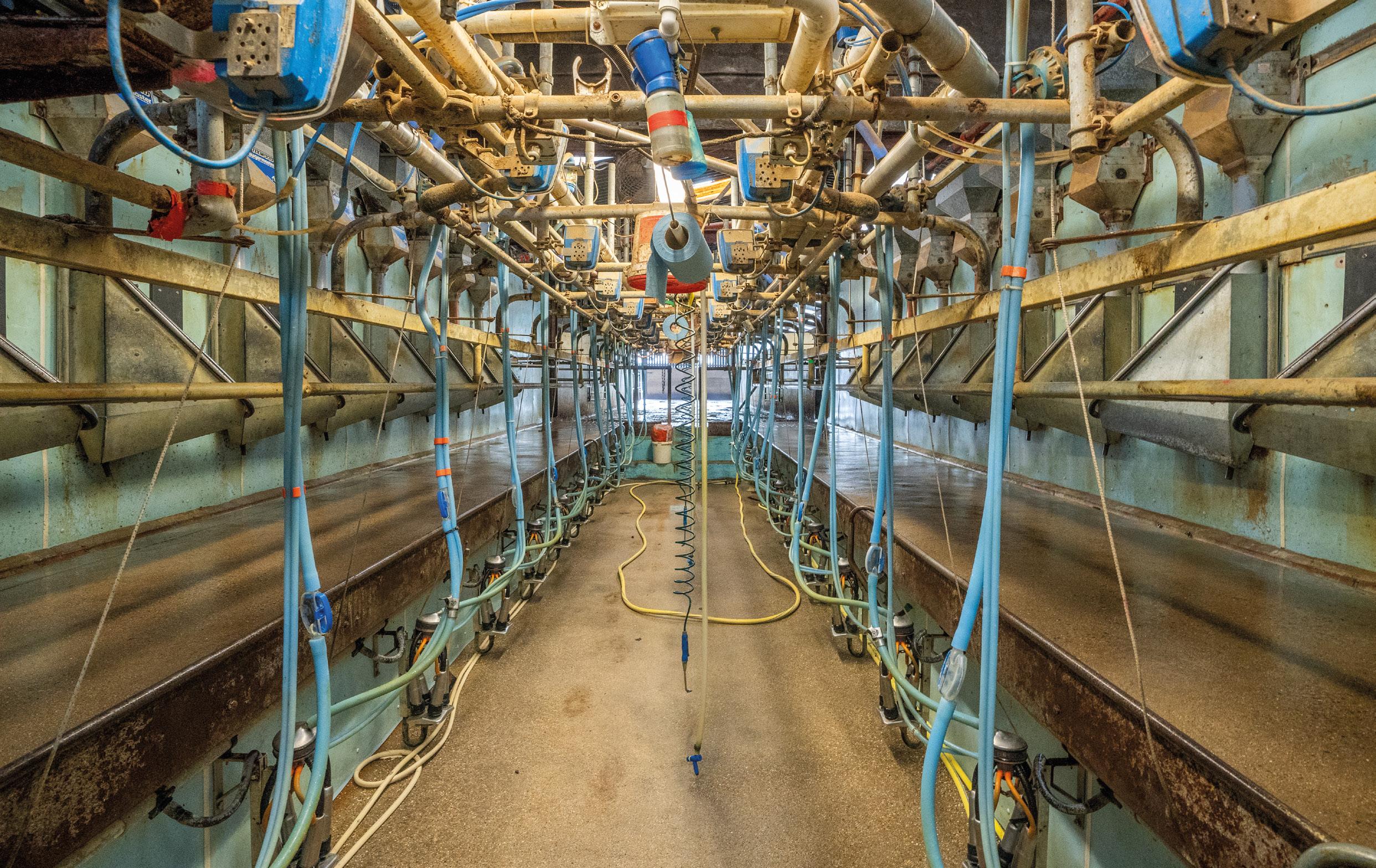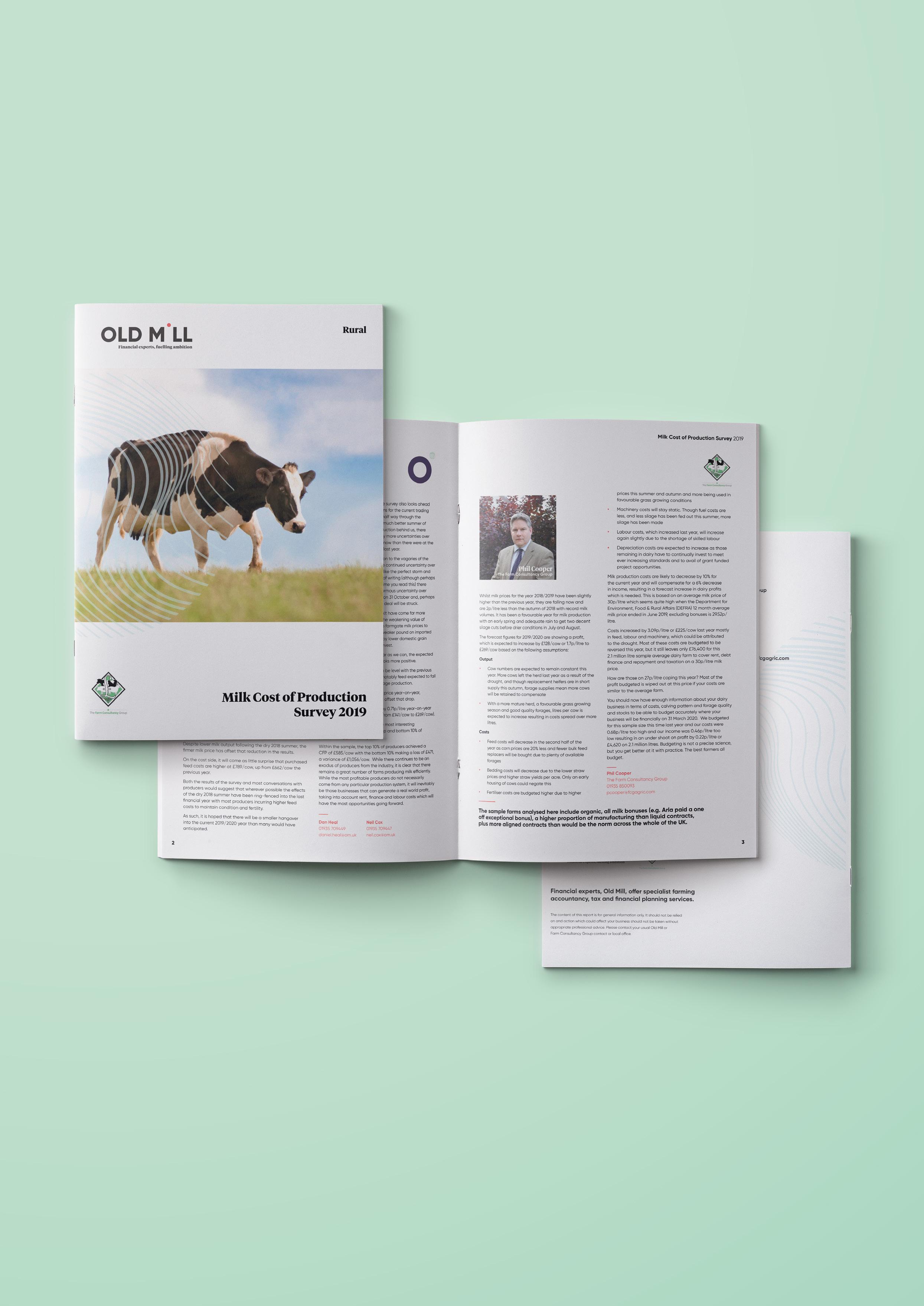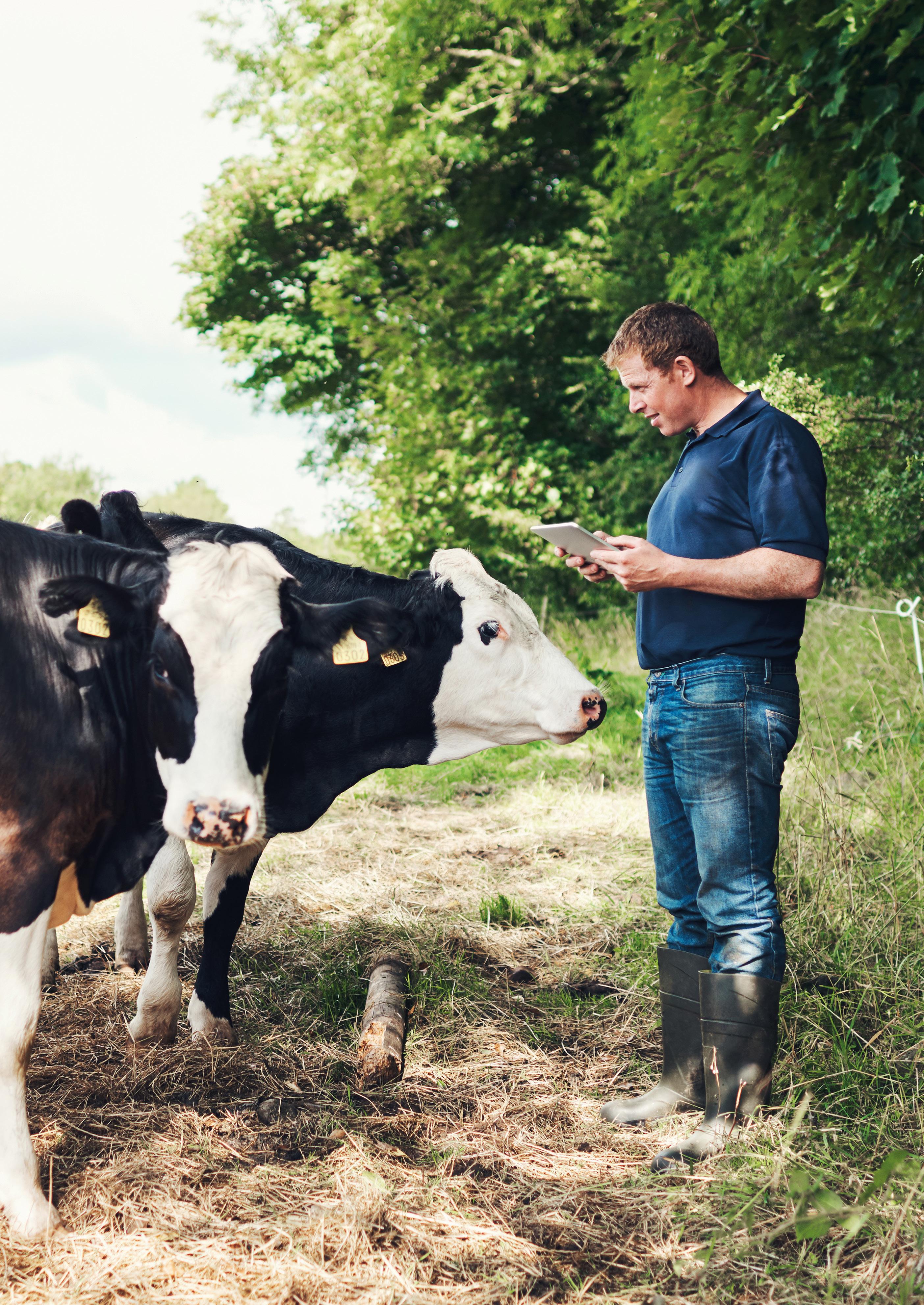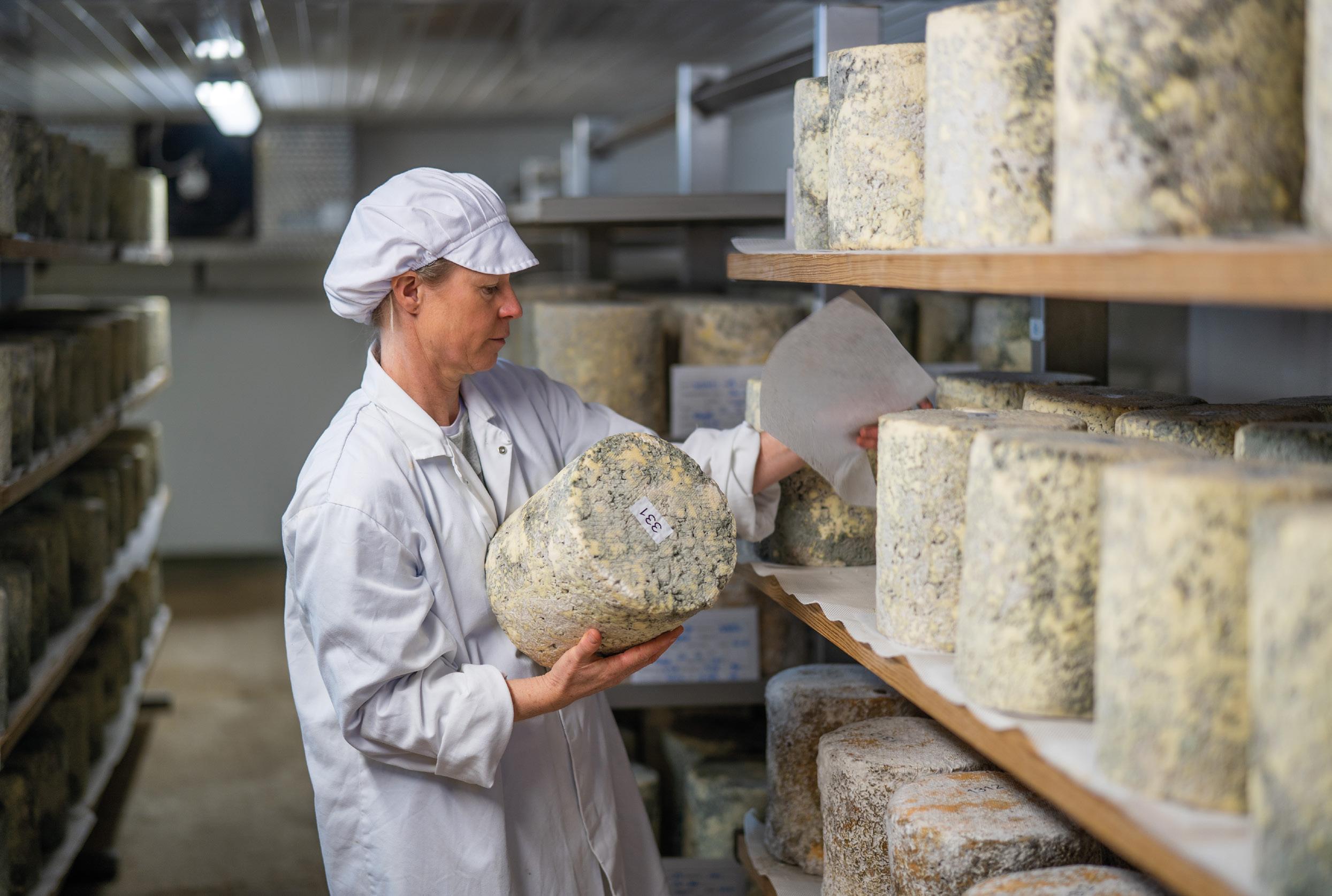
3 minute read
Mandatory milk contracts: an end to unfair contract terms?
Recent press coverage has focused on the possible future regulation of certain aspects of the dairy industry and the pros and cons of establishing a regime of mandatory dairy contracts.
Opinion is divided. On one side are the farming unions and the Groceries Code Adjudicator, pressing for urgent reform of the existing system. On the other is Dairy UK, which represents approximately 85% of milk processors in the UK, resisting change and arguing that greater regulation would result in increased market volatility and a reduction in competition.
Why are milk contracts such a battleground?
In part, the answer to this question is because there appears to be a pattern of unfair or unclear terms and conditions in contracts between the milk producers (farmers) and the milk processors and their customers. In particular, issues have arisen when a processor has unilaterally decided to vary the terms of an existing contract with very little notice. Faced with a significant price change or alteration of the supply terms, farmers have reported difficulty in terminating their contracts within a reasonable period. The perception in some quarters is that dairy farmers in particular are too much at risk and subject to unfair contract terms. companies and/or their supermarket clients can seem something of a David and Goliath struggle.
George Eustice, Minister of State for Agriculture, Fisheries and Food, summed up this perception in January 2019 when he said: ‘All too often farmers are price takers – they are captives.’
In the UK there is legislation to help prevent consumers being taken advantage of, but there are few such statutory protections for business-tobusiness contracts that determine the relationship between farm and milk processors. The Unfair Contract Terms Act 1977 does apply to clauses which seek to limit or exclude liability in a business-to-business contract, but in general, it is up to the contracting parties to understand the terms and conditions to which they are agreeing. For small producers, any attempt to resist changes to contractual terms proposed by large scale processing
Why now?
In fact, arguments about how best to promote fairer supply chain relations within the dairy industry are part of a long-simmering debate. The existing Dairy Contracts Voluntary Code of Practice (VCOP) was intended to promote best practice and a standard of what is fair in contracts for the supply of milk. On its introduction in 2012, farming unions supported the idea of a voluntary code as the best way forward; but subsequent vicissitudes, the fact that not all UK processors signed up and continuing instances of bad practice subsequently shifted opinions. The background to VCOP was the EU CMO Regulation (1308/2013) (CMO), which gives Member States discretion to make the use of mandatory written contracts between milk producers
and processors obligatory. The EU regulation provides:
• contracts should have transparent pricing
• pricing should be fixed or linked to market signals
• a minimum contract length (e.g. six months).
In Spain such compulsory contracts were introduced about six years ago; initially there was hostility but subsequently farmers and processors have reported improved price stability and transparency.
What happens next?
A Defra consultation on dairy contract regulation is expected and there are proposals to select elements of CMO to be enacted into UK law. However, uncertainties over Brexit have delayed matters. Over a year ago the National Farmers’ Union update stated: ‘As we leave the EU, the UK dairy market needs to be commercially focused, innovative and competitive. We’re not going to get a properly operating dairy market while buyers live in the dark ages using unfair contracts to manage risk. It’s time for buyers to look to the future, operate as proper commercial businesses and deal with farmers fairly. That’s all we’ve ever wanted on dairy contracts – fair terms.’
We await the outcome of the consultation when it happens. For further information about this article and commercial or contractual matters generally, please contact Amy Peacey (nee Kerr), Senior Associate.
Amy Peacey Senior Associate, Clarke Willmott Amy.Peacey@clarkewillmott.com 0345 209 1329










